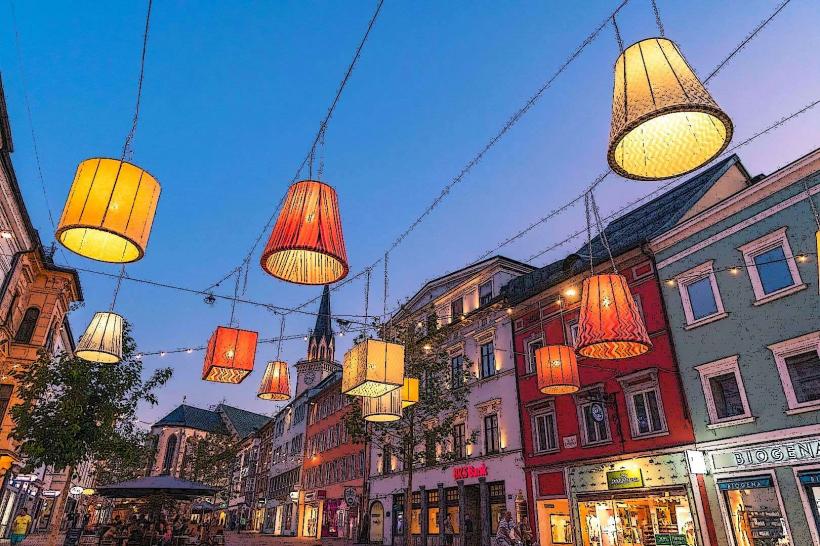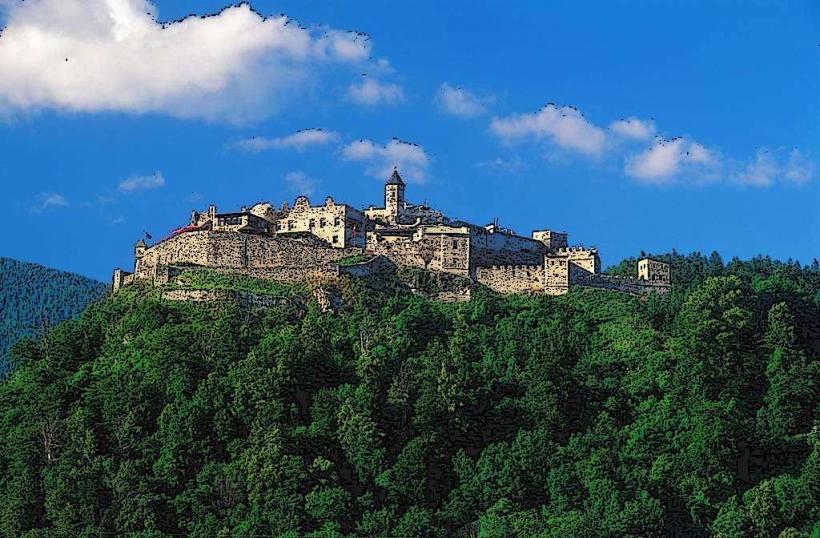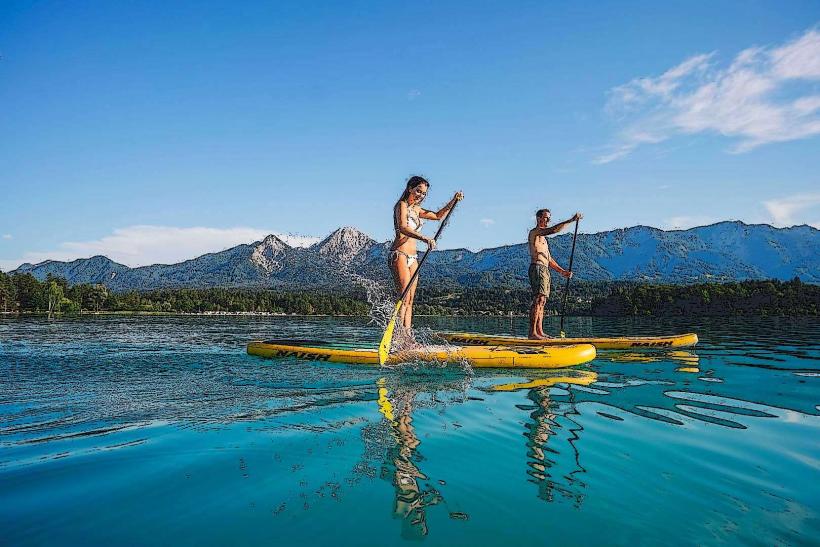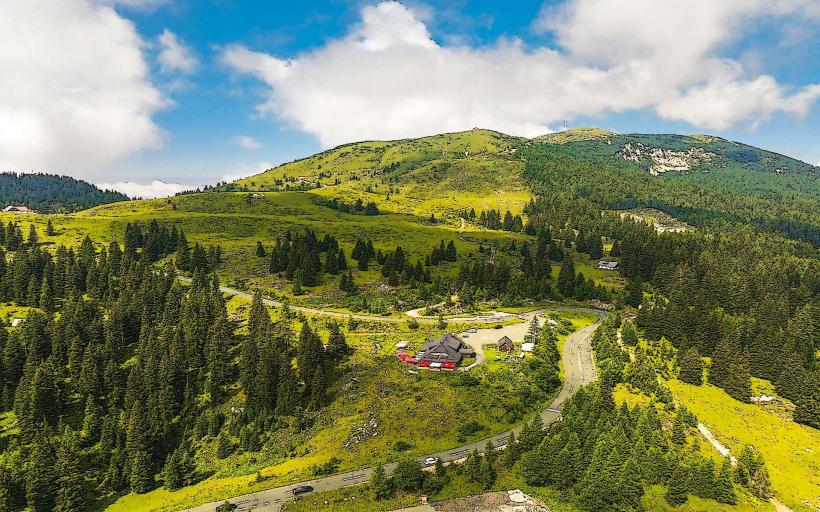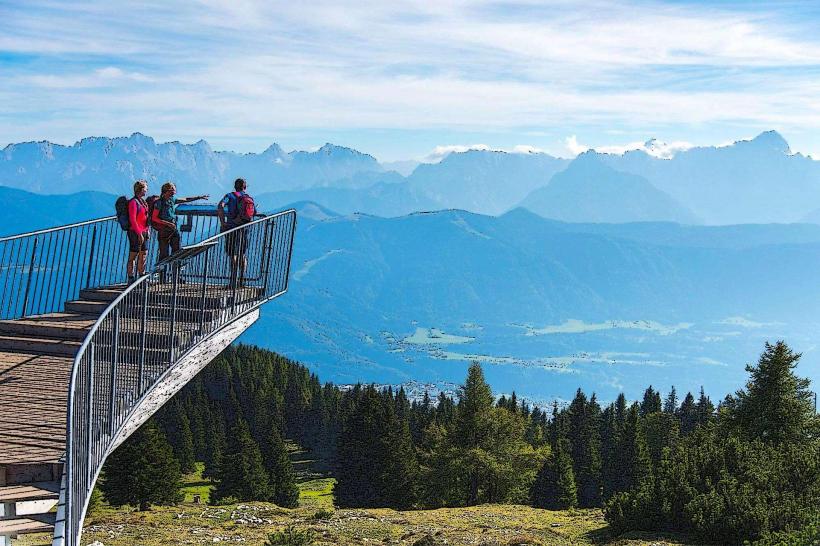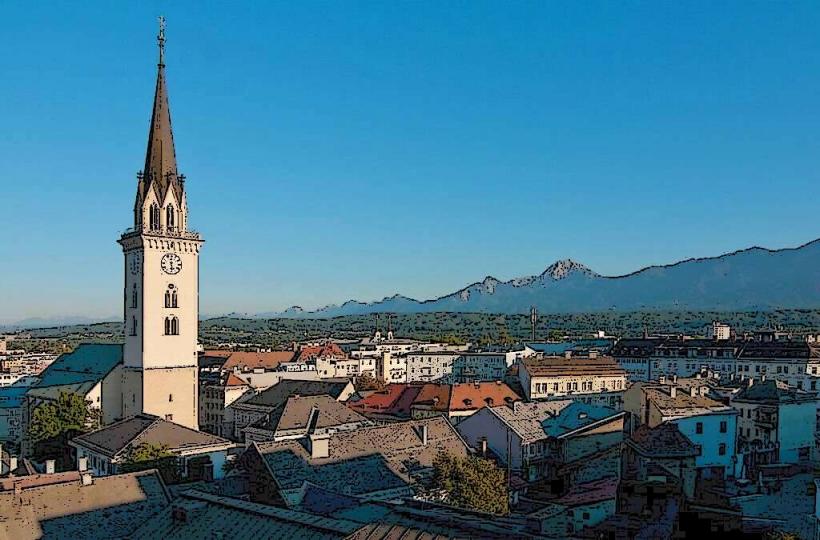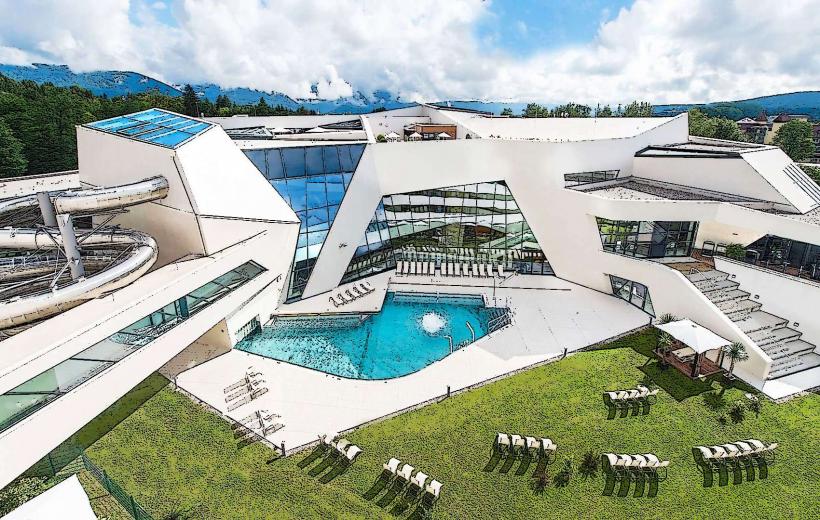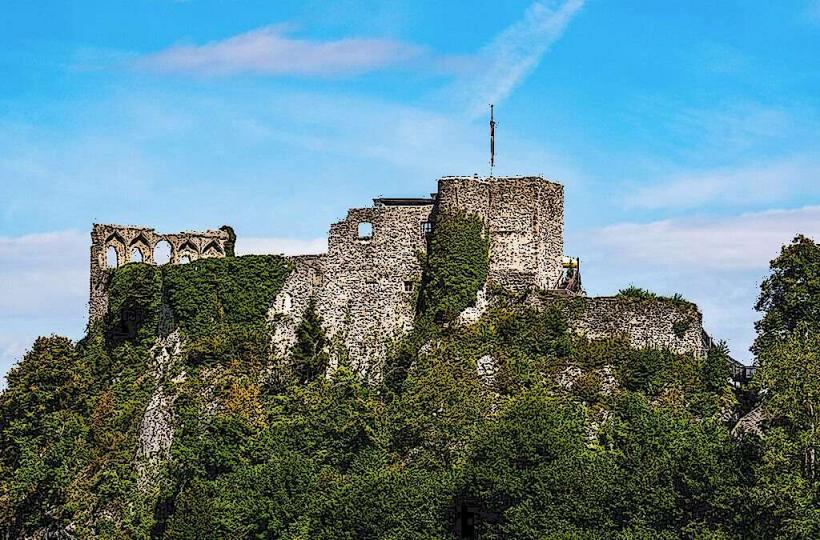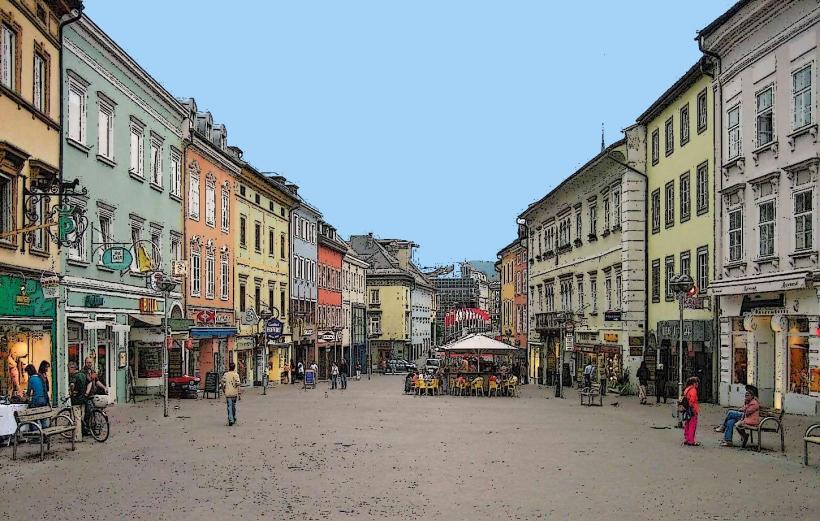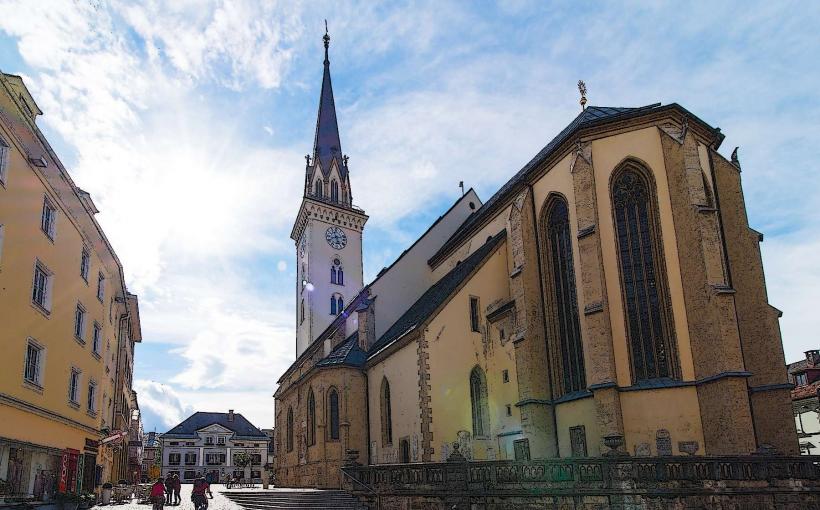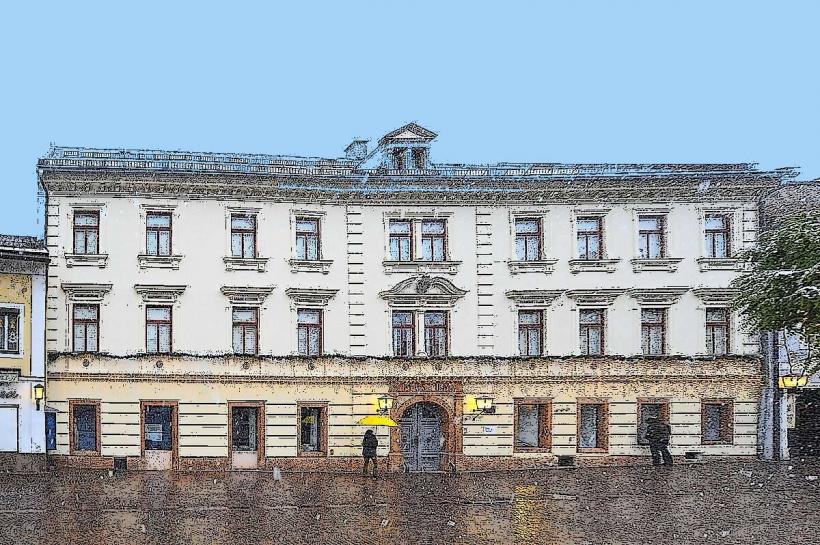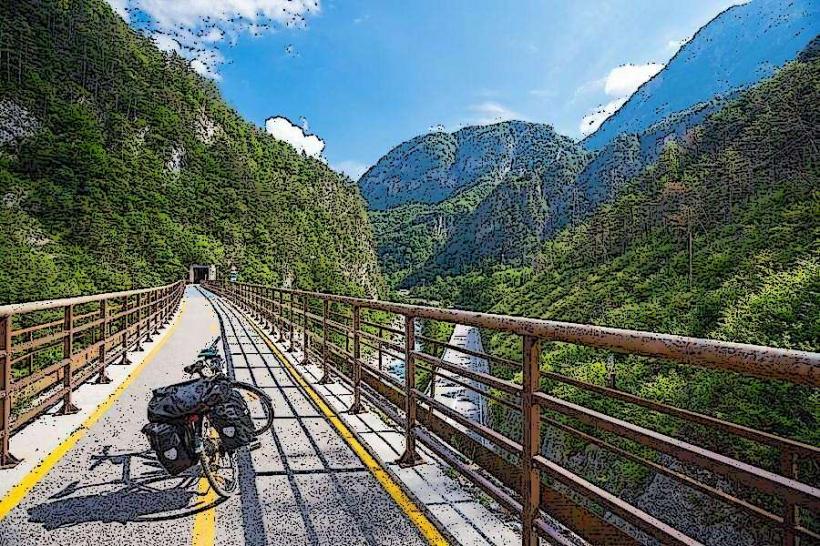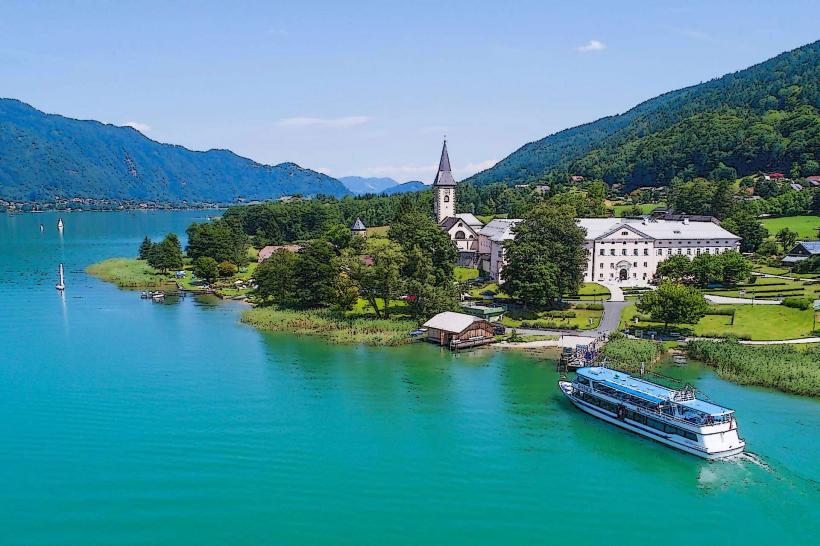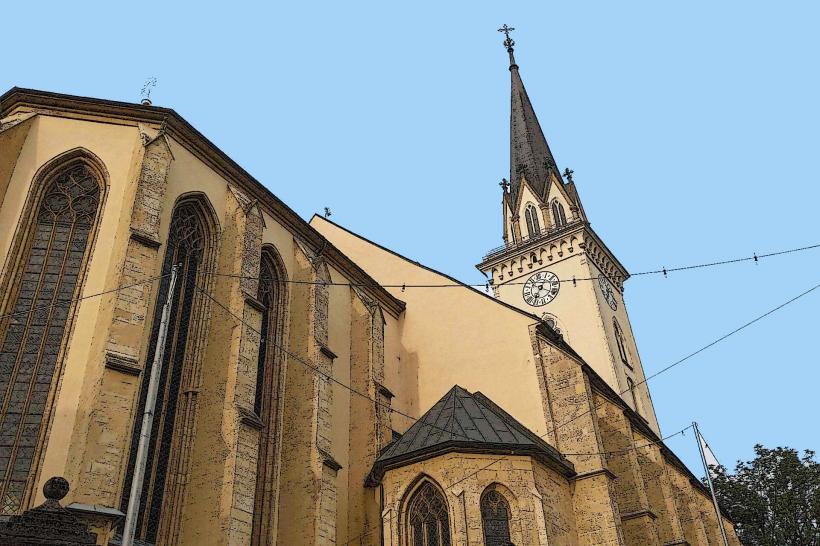Information
City: VillachCountry: Austria
Continent: Europe
Villach, Austria, Europe
Villach functions as the primary logistical and technological gateway of southern Austria. Situated at the confluence of the Drau and Gail rivers near the borders of Italy and Slovenia, it is a global hub for microelectronics, semiconductor manufacturing, and international rail transit. It is defined by its strategic "Alpe-Adria" location, its thermal spa heritage, and its role as the industrial engine of Carinthia.
Historical Timeline
Villach originated as the Roman station Sanctium. The primary era of governance was established in the 11th century under the Bishopric of Bamberg. The primary event shaping its modern identity was its near-total destruction during WWII due to its status as a critical rail junction, followed by its 21st-century transformation into a specialized high-tech corridor led by the expansion of Infineon Technologies.
Demographics & Population
The population is approximately 65,000. The demographic profile is highly international, driven by the specialized workforce of the "Silicon Alps" and a significant Italian and Slovenian presence. German is the official language. The median age is 43.1 years.
Urban Layout & Key Districts
The city is structured along the Drau River with a focused historic core and sprawling technological zones.
Hauptplatz: The pedestrianized historic center, characterized by specialized pastel-colored facades and a long, linear market square.
Warmbad-Villach: A specialized district in the south known for its thermal springs and the Maibachl natural pool.
St. Leonhard: A northern residential and commercial hub.
TPV (Technology Park Villach): A specialized 12-hectare zone in the east dedicated to microelectronics and research.
Top City Landmarks
St. Jakob’s Church: A Gothic hall church featuring a specialized 94-meter spire, the highest in Carinthia, offering views of the Julian Alps.
Relief von Kärnten: The world's largest specialized 3D plastic relief map of a landscape (Carinthia), housed in a dedicated museum.
Landskron Castle: A specialized hilltop ruin featuring the Adlerarena (Eagle Arena) for birds of prey demonstrations and a "Monkey Mountain."
Villacher Fahrzeugmuseum: A specialized museum for automotive history, focusing on post-war micro-cars and daily vehicles.
The Drau Riverbank: A specialized recreational corridor featuring a theater and pedestrian paths integrated into the city's flood defenses.
Transportation Network
Villach is one of the most important rail intersections in the Eastern Alps.
Villach Hauptbahnhof: A primary hub connecting Vienna (4 hours), Venice (3 hours), and Munich (4 hours).
The Koralm Railway: A specialized high-speed project currently being integrated to connect Villach to Graz and Klagenfurt.
Villacher Alpenstraße: A specialized 16.5 km scenic mountain road reaching an elevation of 1,732 meters on the Dobratsch mountain.
Cycling: A major node for the Drau Cycle Path (Drauradweg), a specialized international 5-star cycle route.
Safety & "Red Zones"
The general safety level is exceptionally high. Crime is statistically minimal. There are no "red zones." The city is quiet and safe at all hours. Standard caution is advised for cyclists on high-traffic mountain roads.
Digital & Financial Infrastructure
Villach is a global leader in Power Semiconductors and Sensor Technology. Internet speeds average 100–1000 Mbps via fiber. 5G is universal. Card and mobile payments are the standard across all commercial and hospitality sectors.
Climate & Air Quality
Villach has a continental climate with a strong Mediterranean influence. It is one of the sunniest cities in Austria but is prone to winter fog due to the basin location. Daytime temperatures range from 2°C in January to 25°C in July. Air quality is exceptional.
Culture & Social Norms
Social norms are characterized by the "Villacher Fasching" (Carnival) spirit-a blend of humor and cross-border openness. Tipping (10%) is expected. The primary cultural event is the Villacher Kirchtag, Austria's largest specialized traditional folk festival.
Local Cost Index
1 Espresso: €3.20
1 Pint of Beer: €5.00–€6.50
1 Standard Lunch: €13.00–€22.00
Nearby Day Trips
Lake Faak (Faaker See): 15 mins away; a specialized turquoise alpine lake and site of the European Bike Week.
Lake Ossiach: 10 mins away; known for its specialized summer music festival (Carinthischer Sommer).
Tarvisio, Italy: 20 mins away; a specialized cross-border market and ski destination.
Facts & Legends
Villach is the site where Paracelsus, the father of modern toxicology, spent much of his youth and practiced medicine. Legend states the city was saved from a flood by the "Draubartl," a river spirit. A verified fact is that the city’s thermal water in Warmbad is "rhythmically pulsed," flowing from the earth at a constant 29°C. Historically, Villach was a primary center for the lead mining industry in the nearby Bleiberg valley.

